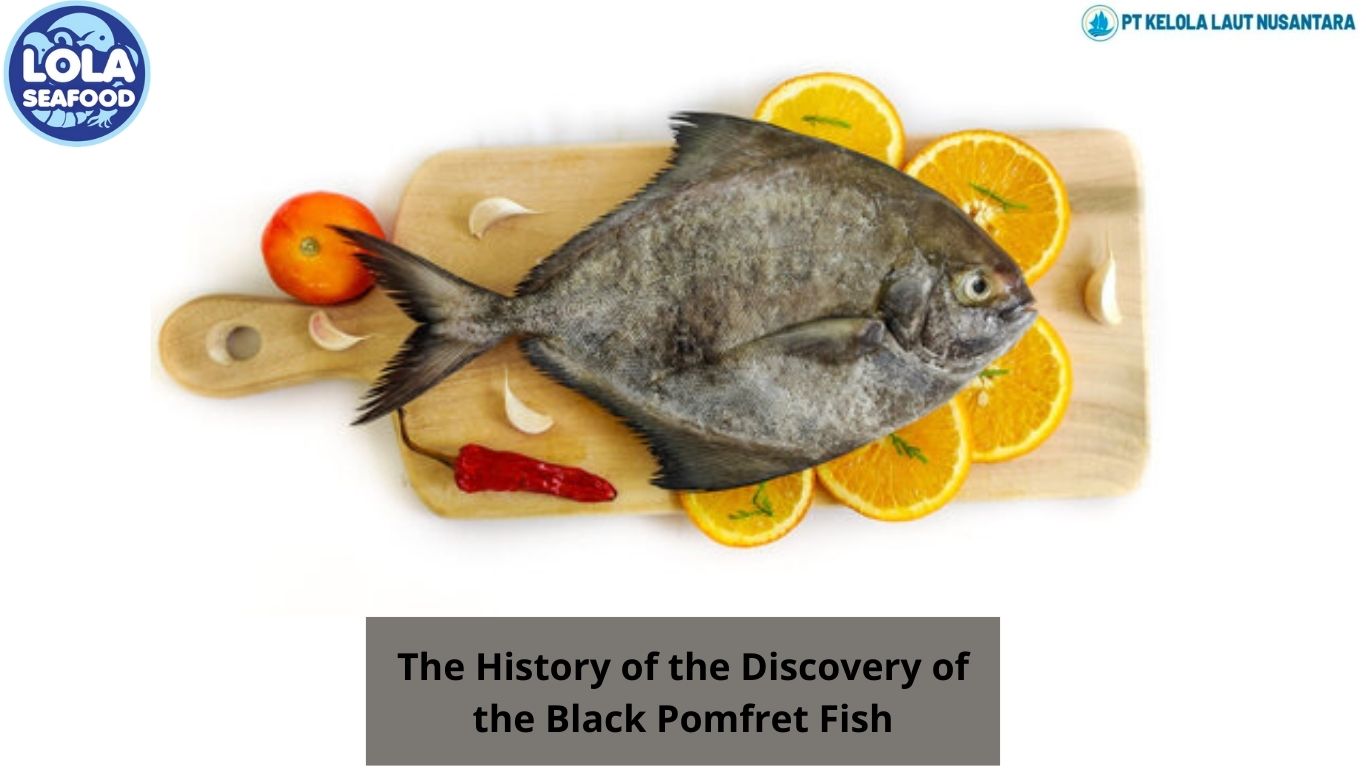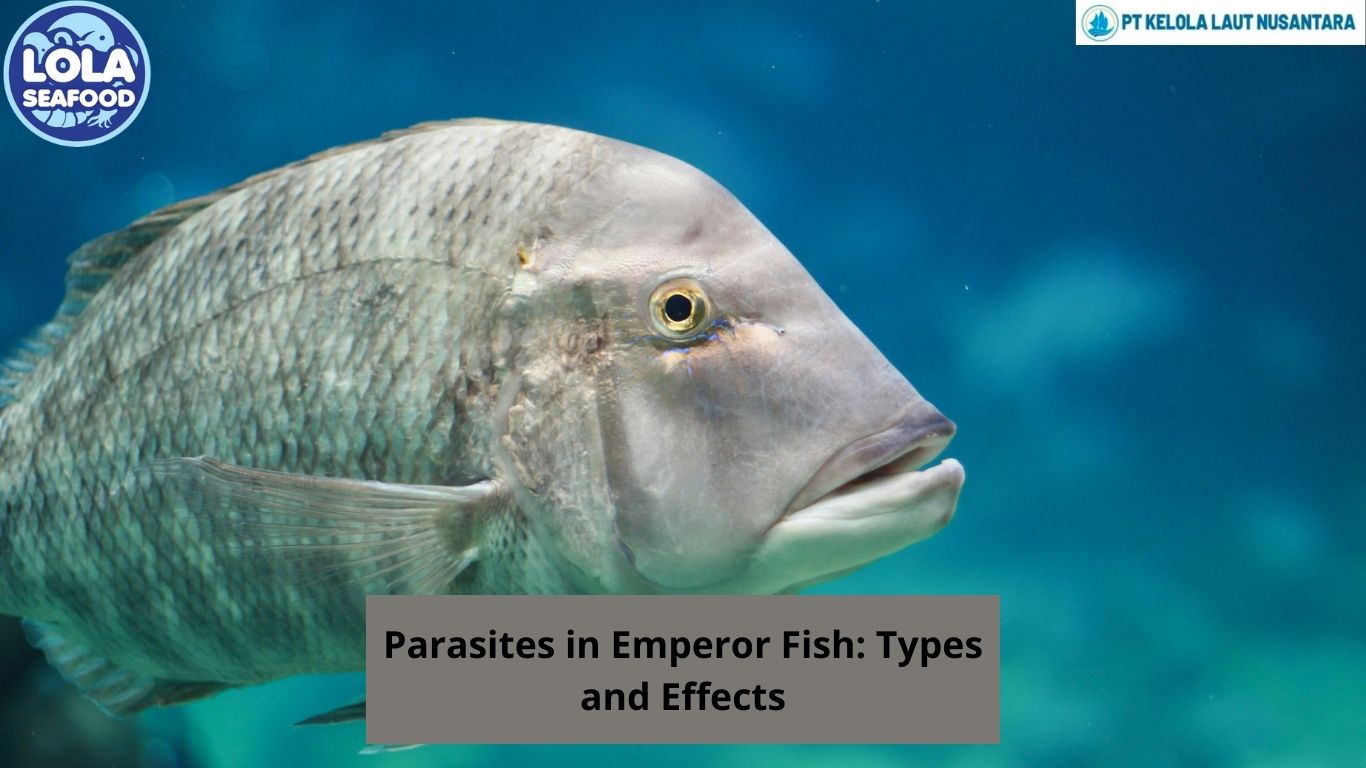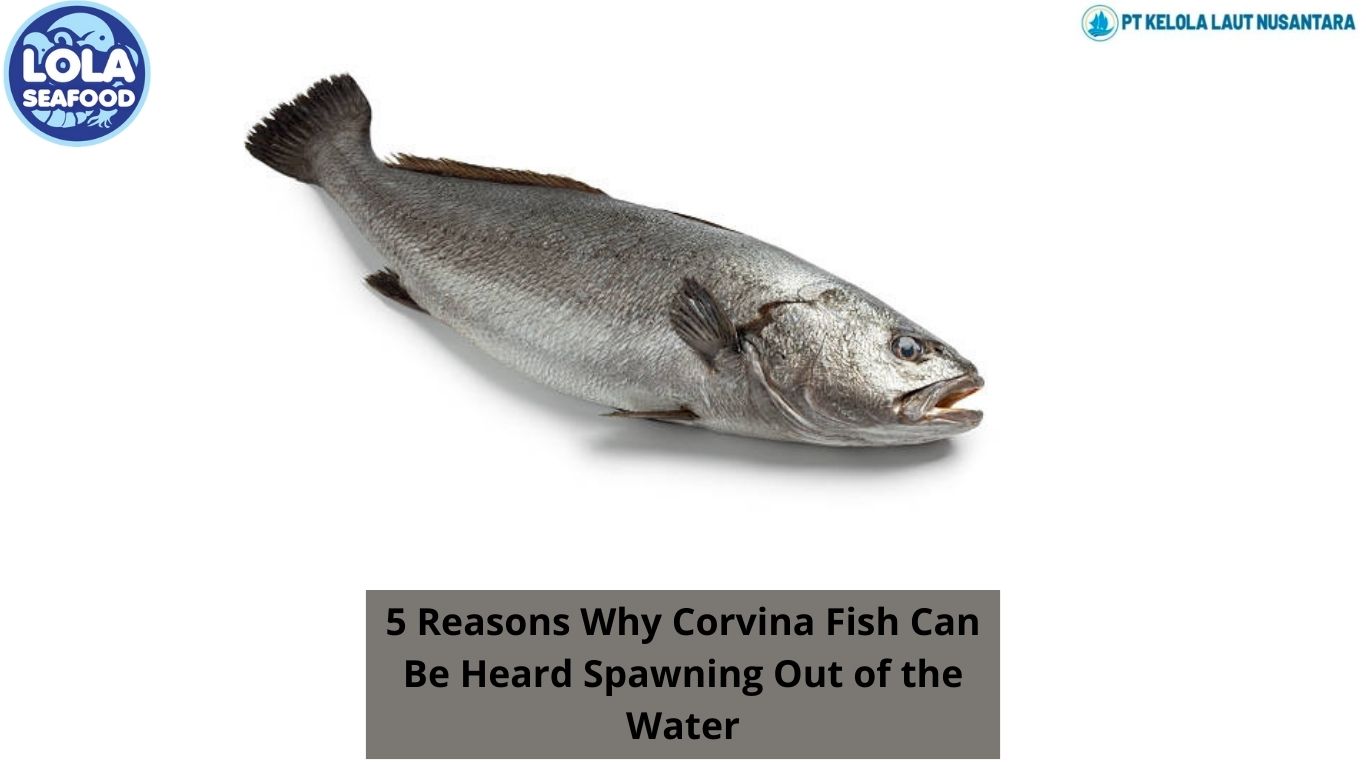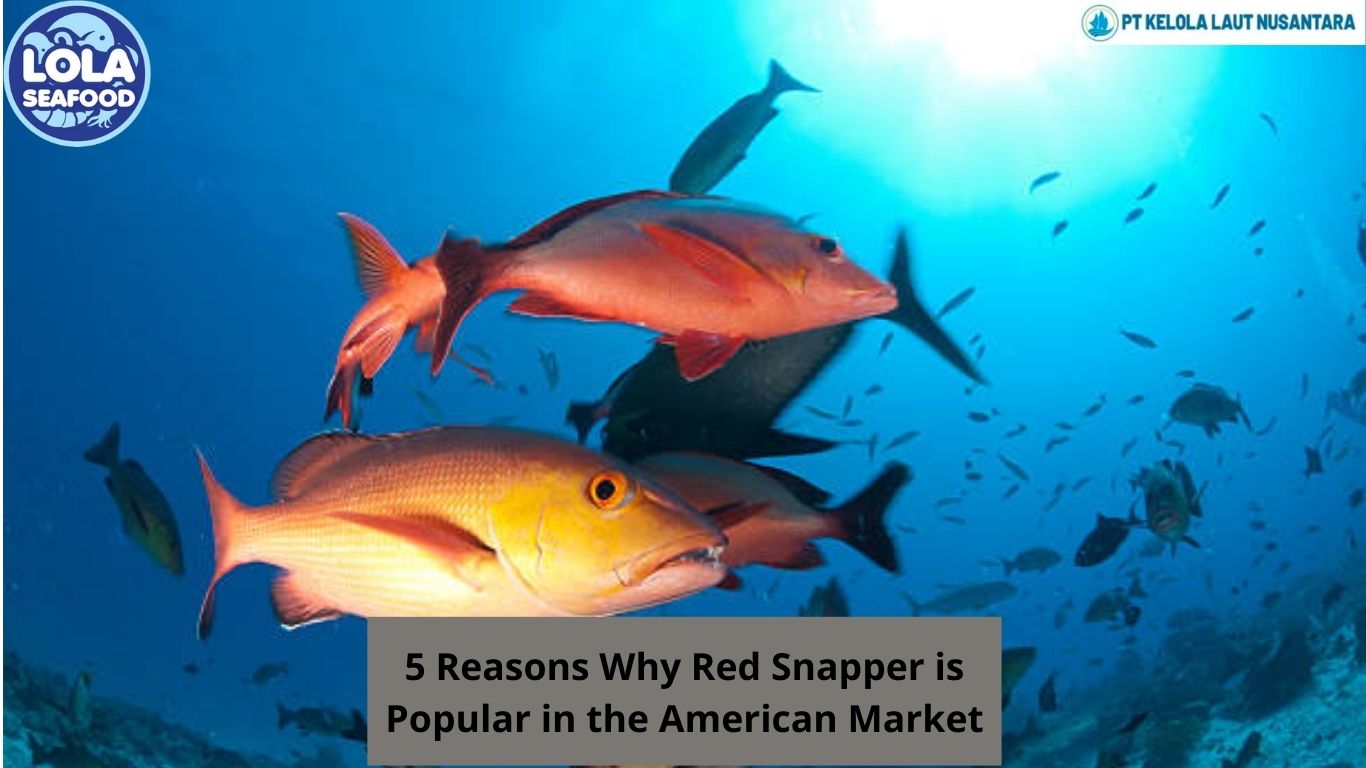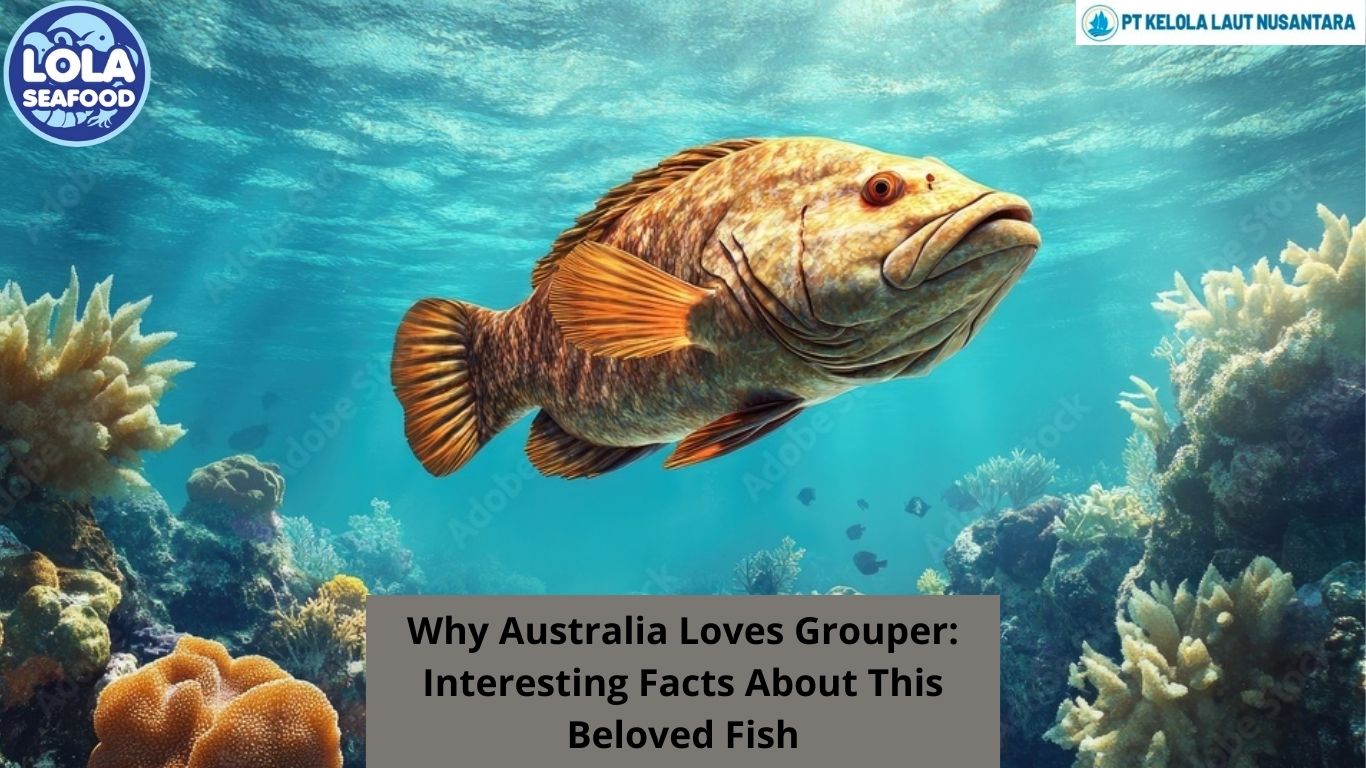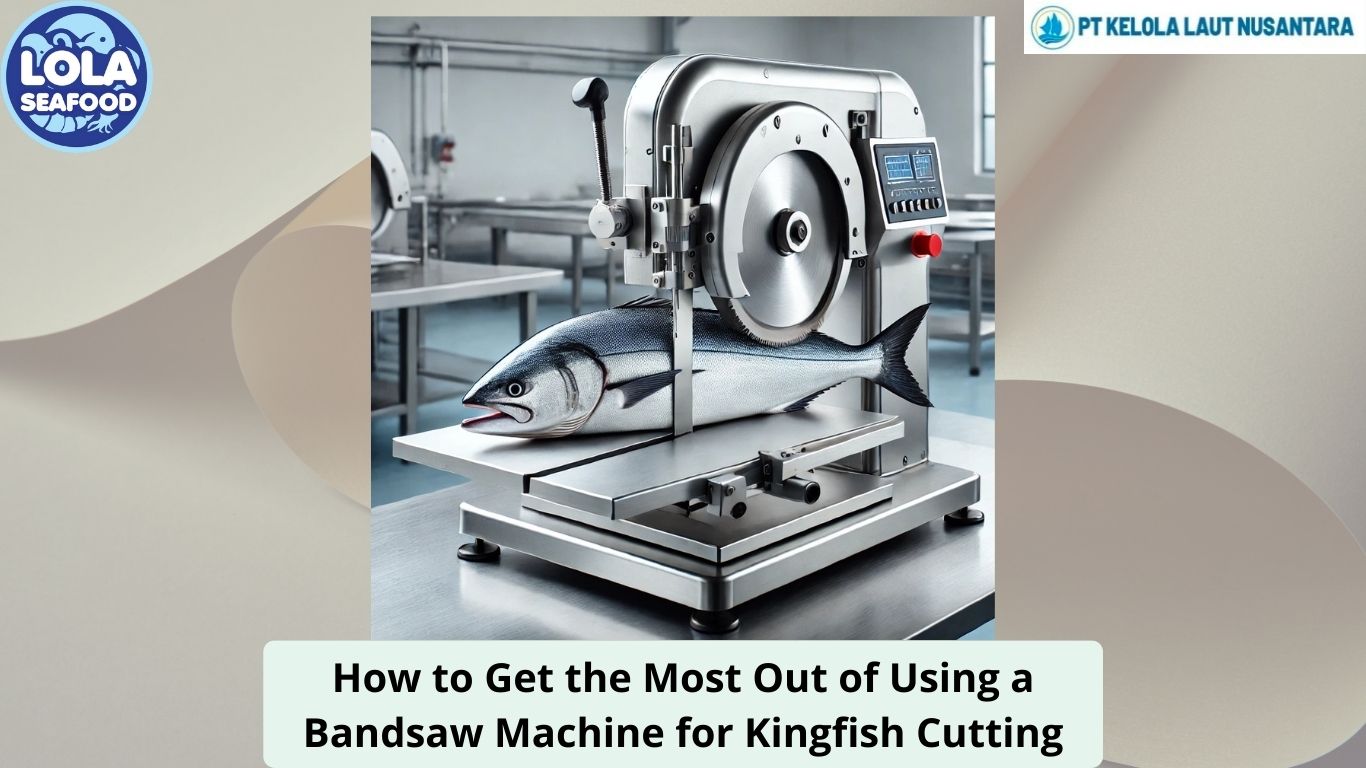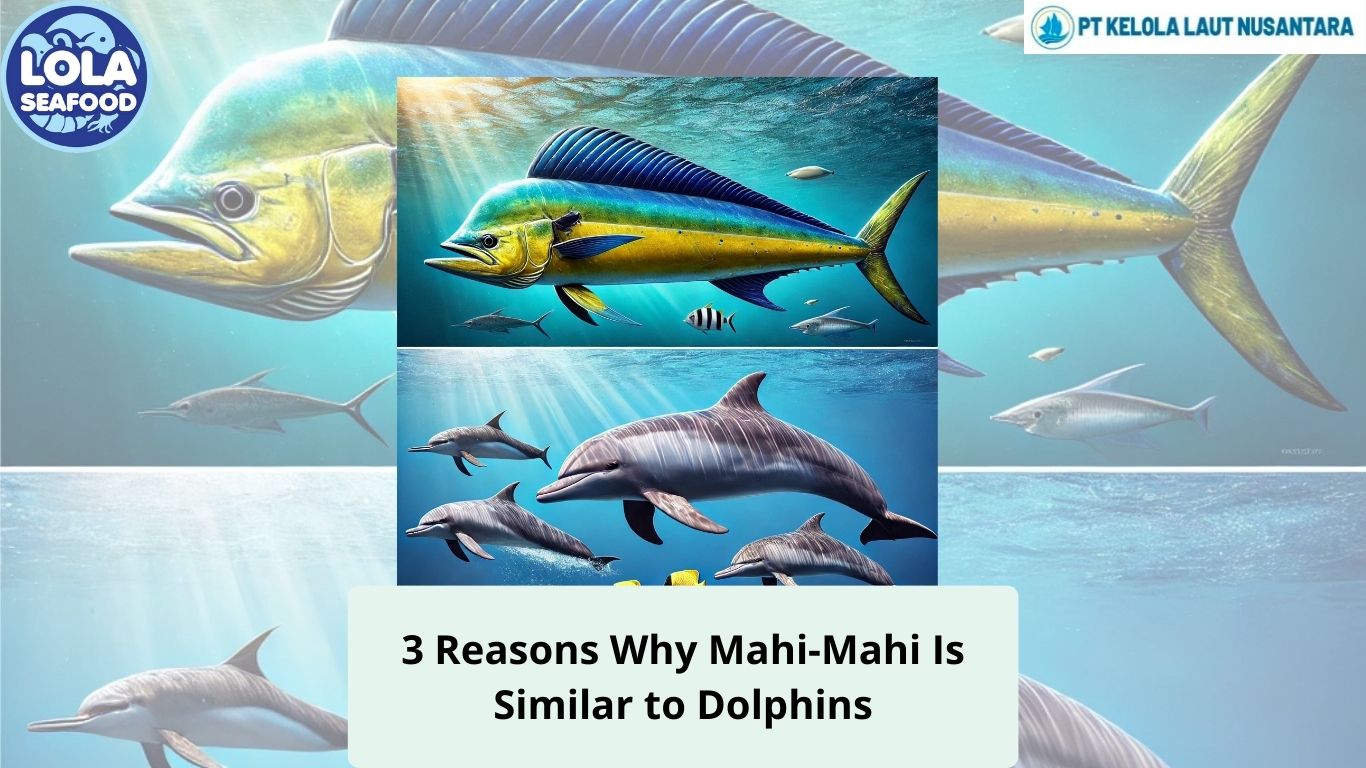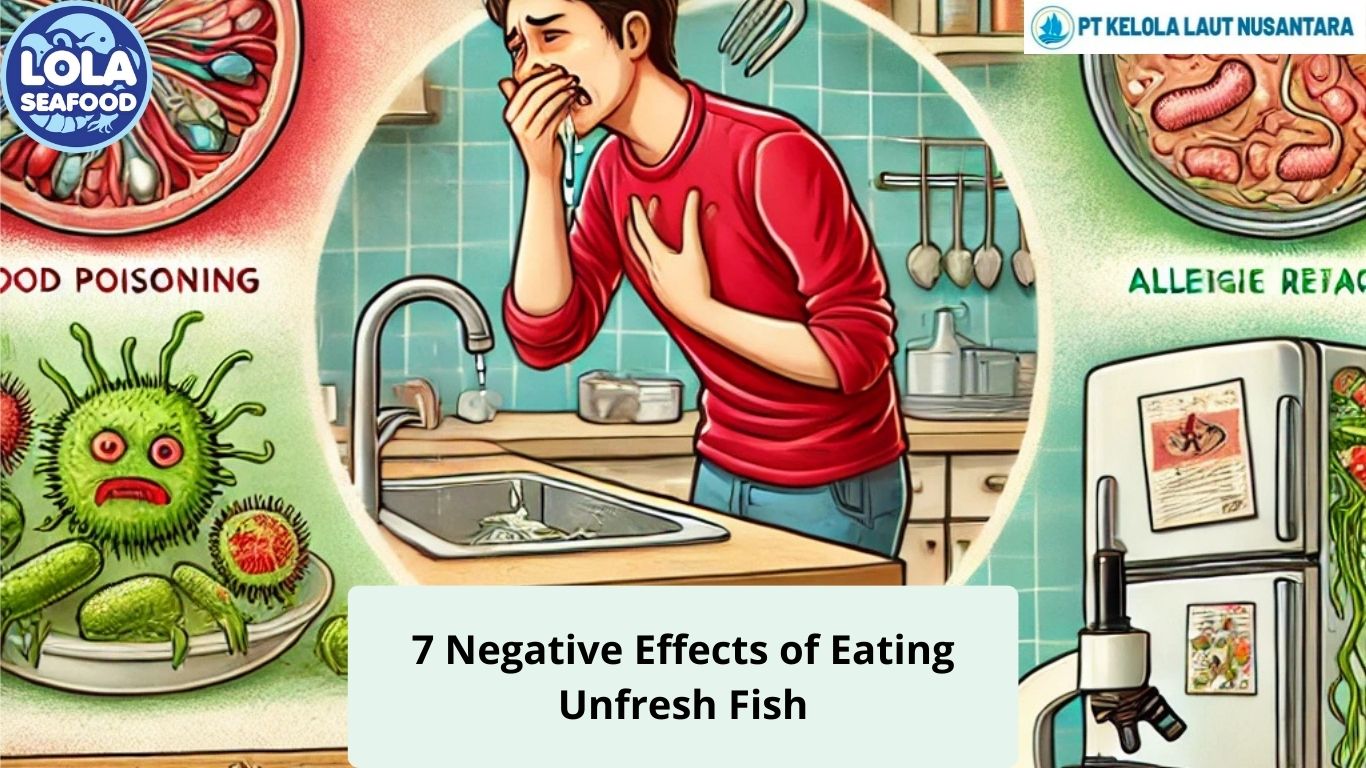The Reason Why Cobia Should Be Protected
By. Puji Widyastuti - 21 Feb 2025.jpg)
Kelolalaut.com Cobia is a highly prized fish found in warm coastal waters around the world. Known for its rapid growth, powerful swimming ability, and delicious taste, cobia is a favourite among recreational and commercial fishers alike. However, increasing fishing pressure, habitat destruction, and climate change are putting this species at risk. Protecting cobia is essential not only for maintaining healthy marine ecosystems but also for ensuring that future generations can continue to benefit from this remarkable fish.
Overfishing and Population Decline
Cobia is a fast-growing fish, but its reproductive cycle makes it vulnerable to overfishing. The species is targeted by both commercial and recreational fisheries due to its size and quality meat. In some regions, cobia populations have been declining due to excessive fishing, particularly because large numbers of juvenile fish are caught before they have a chance to reproduce. Without careful management, the population could struggle to replenish itself, leading to long-term negative consequences.
Habitat Destruction and Climate Change
Cobia relies on coastal and offshore habitats for feeding and spawning. Pollution, coastal development, and habitat degradation threaten these critical environments, reducing the available space for cobia to thrive. Additionally, climate change is altering ocean temperatures and currents, which can impact cobia migration patterns, food availability, and breeding cycles. Warmer waters may push cobia into new areas, potentially exposing them to new predators or unsuitable environments.
Economic and Ecological Importance
Cobia plays a significant role in marine ecosystems as both a predator and prey. It helps maintain a balanced food chain by feeding on smaller fish and crustaceans while also serving as a food source for larger marine predators, such as sharks. Disrupting cobia populations could create imbalances in the ocean ecosystem, leading to unforeseen consequences.
From an economic perspective, cobia supports a valuable fishing industry. Recreational fishing for cobia is a major draw for coastal tourism, providing jobs and revenue for local communities. If cobia stocks decline, it could have a severe impact on the livelihoods of fishers and tourism-based businesses. Sustainable management is essential to ensure that this economic resource remains available.
Efforts to Protect Cobia
Several conservation measures can help protect cobia and promote sustainable fishing practices. These include:
- Implementing Catch Limits: Enforcing quotas and size restrictions can help prevent overfishing and allow cobia populations to regenerate.
- Protecting Spawning Areas: Establishing marine protected areas where cobia can reproduce undisturbed can help maintain healthy populations.
- Monitoring and Research: Scientific studies on cobia migration, breeding, and population trends can guide effective conservation strategies.
- Promoting Sustainable Fishing Practices: Encouraging responsible fishing techniques, such as catch-and-release for undersized fish, can help preserve cobia stocks.
Cobia is a valuable species that needs protection to ensure its survival and the health of marine ecosystems. By taking proactive steps to regulate fishing, conserve habitats, and address climate change, we can safeguard cobia for future generations. Protecting cobia is not just about preserving a fish species—it is about maintaining the balance of our oceans and the livelihoods of those who depend on them.
If youre interested in our Cobia Whole Round / Whole Gilled Gutted please do not hesitate to contact us through email and/or whatsapp.
